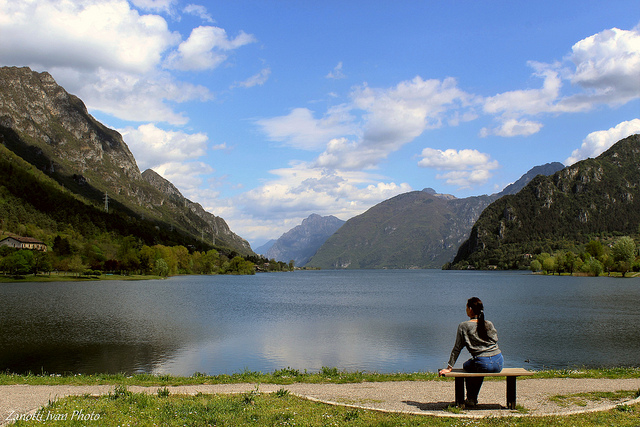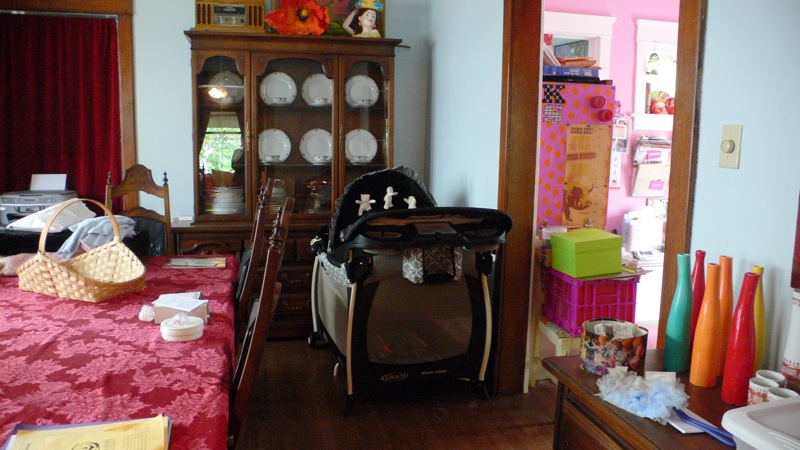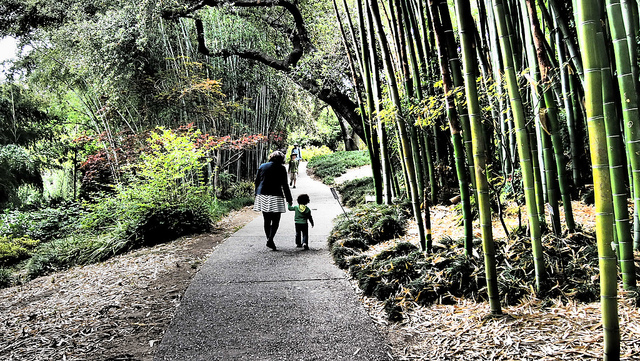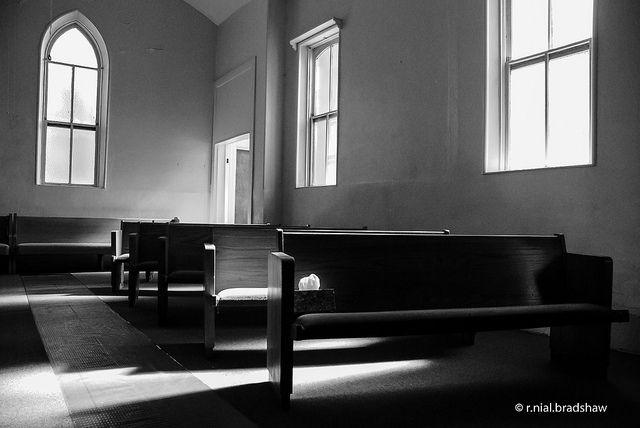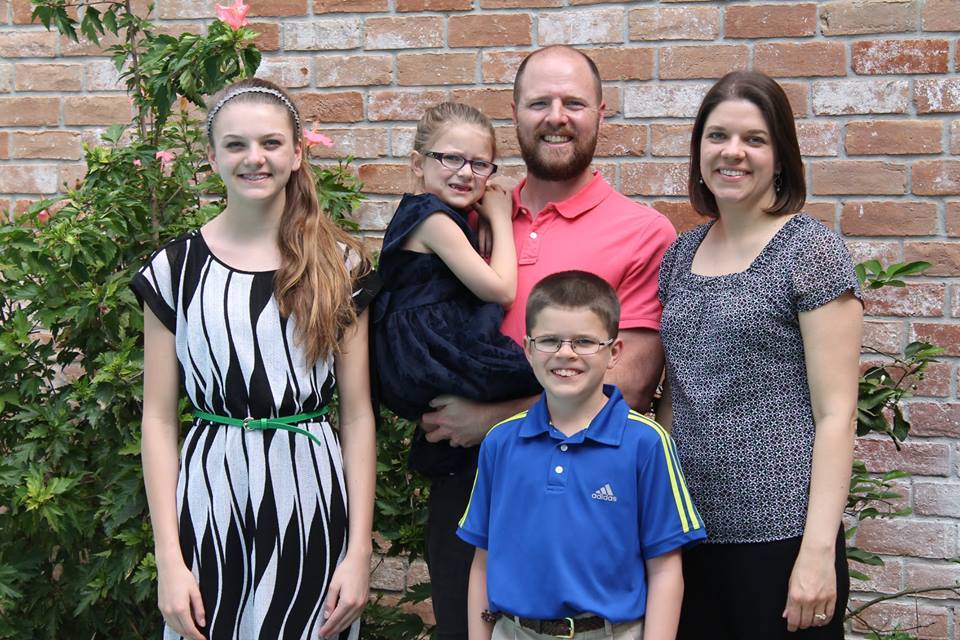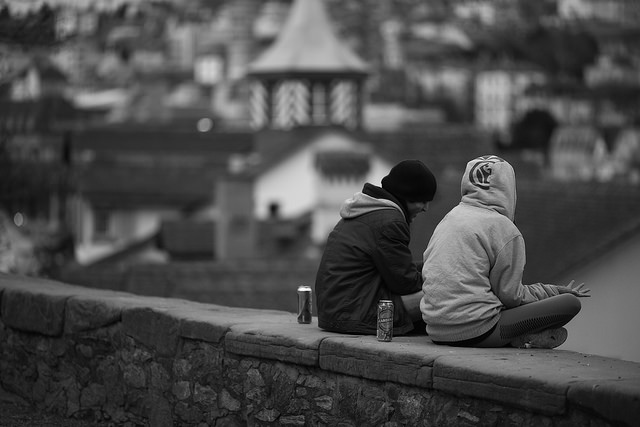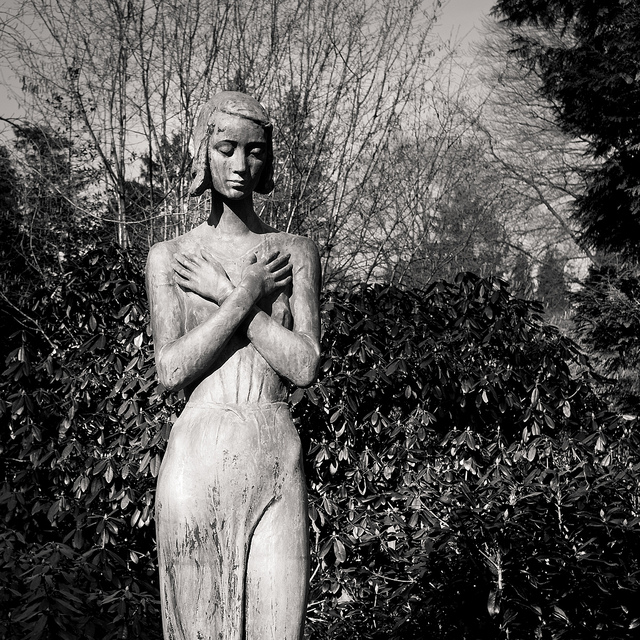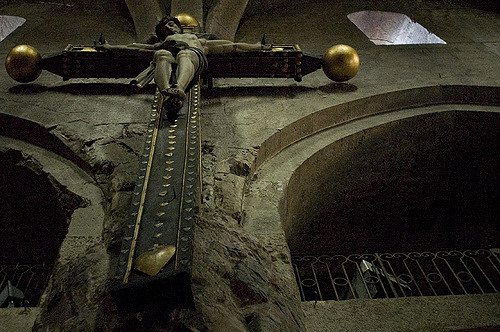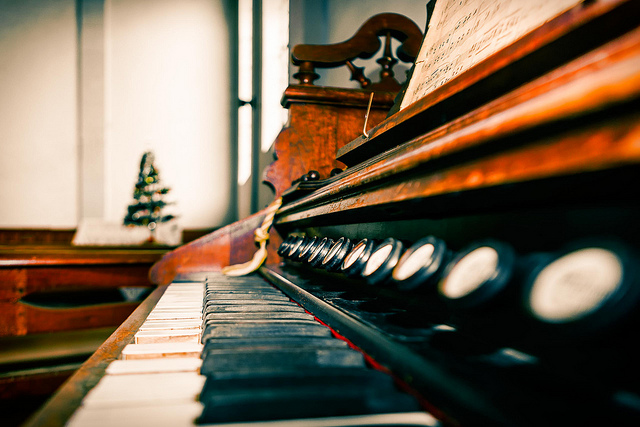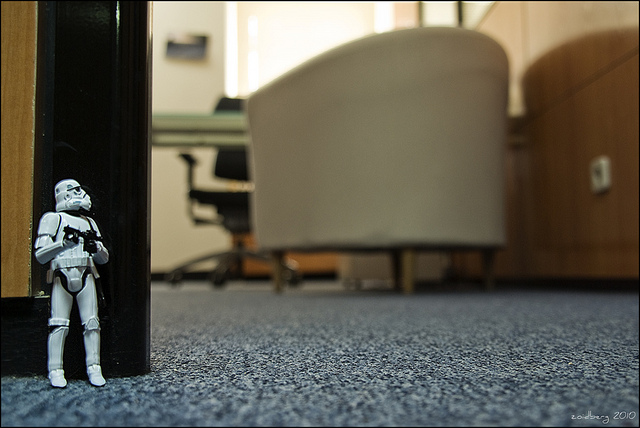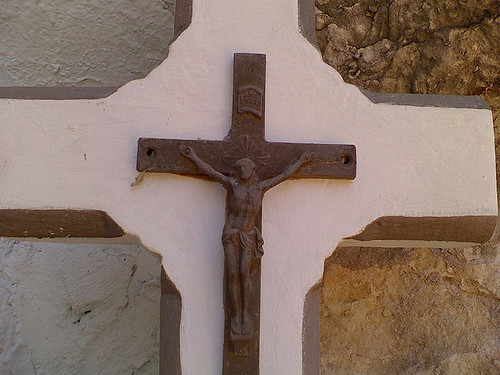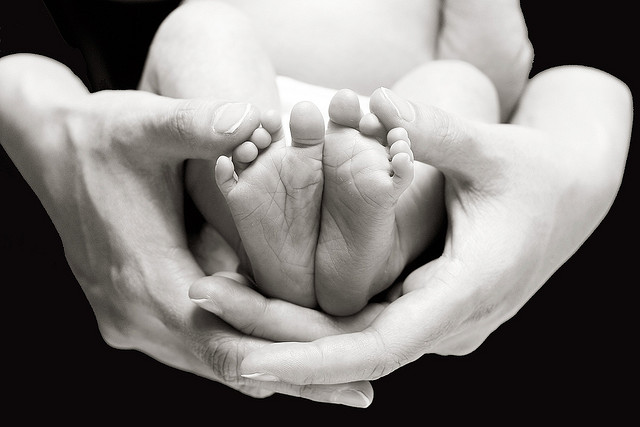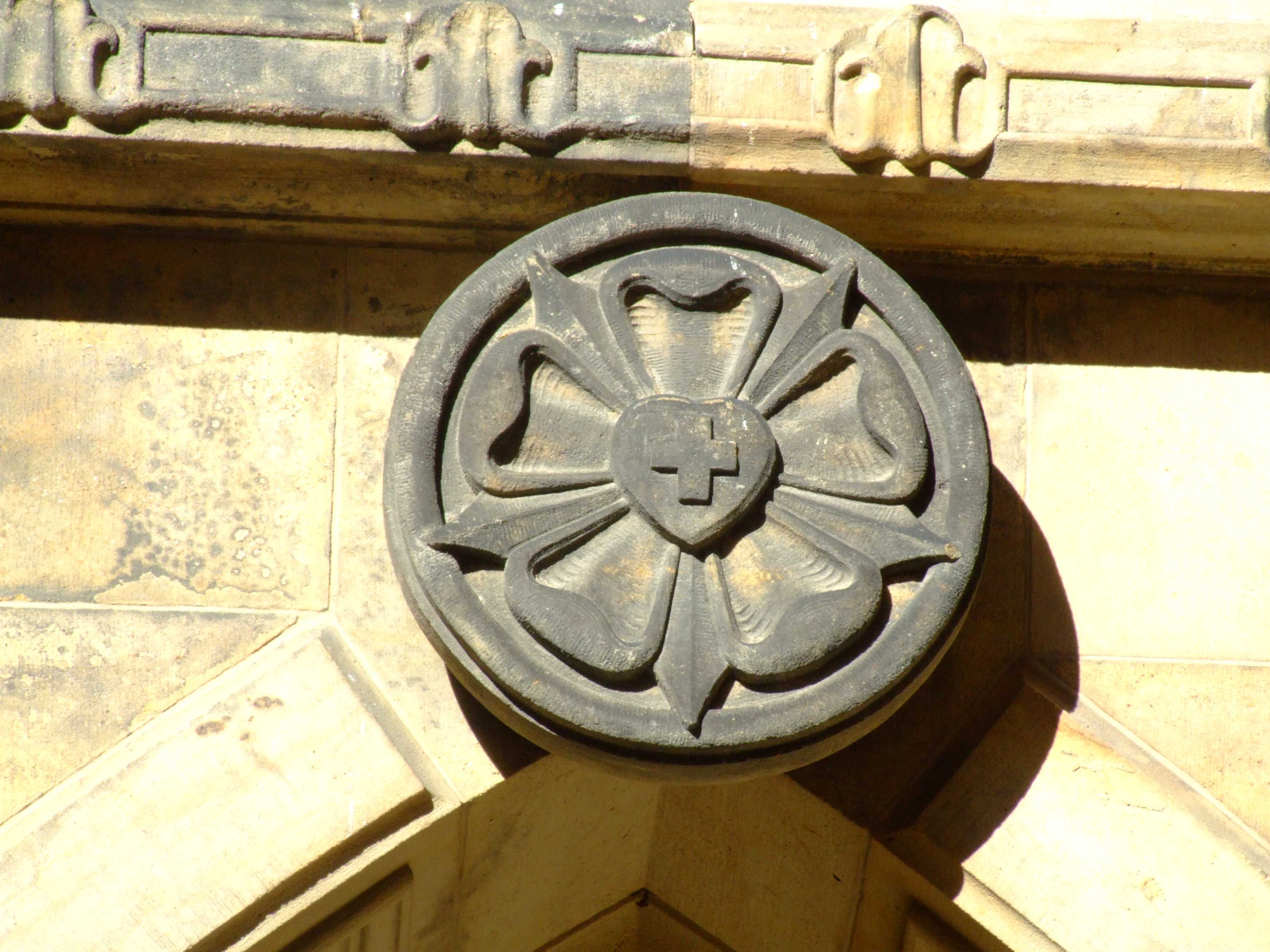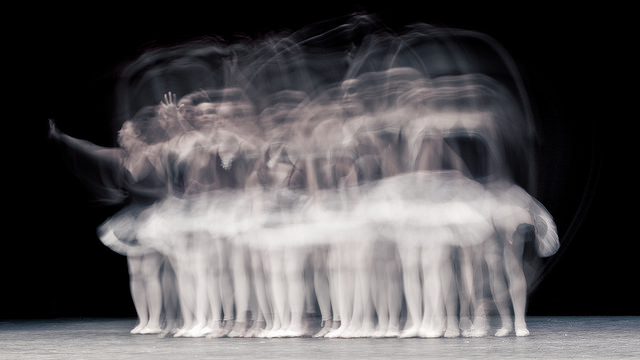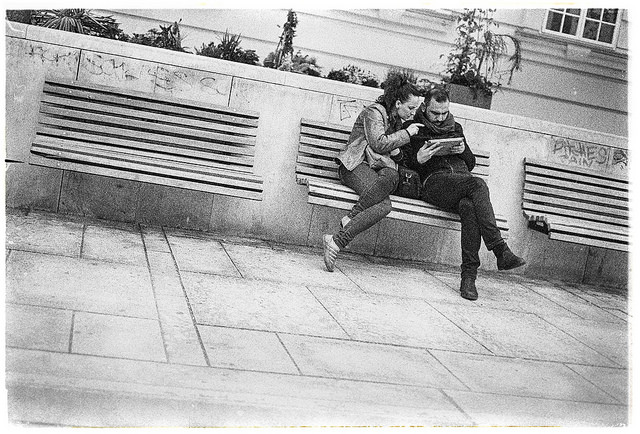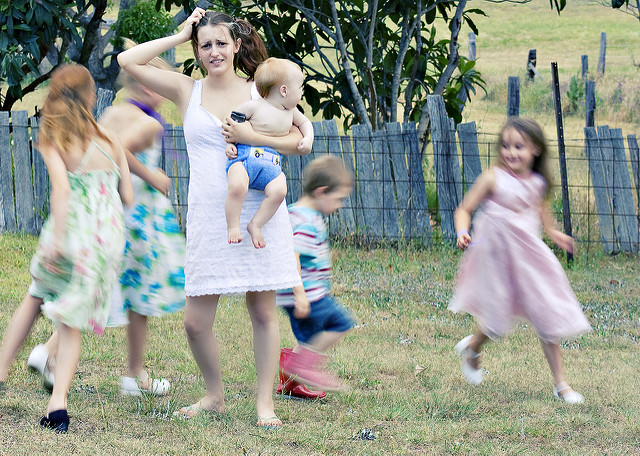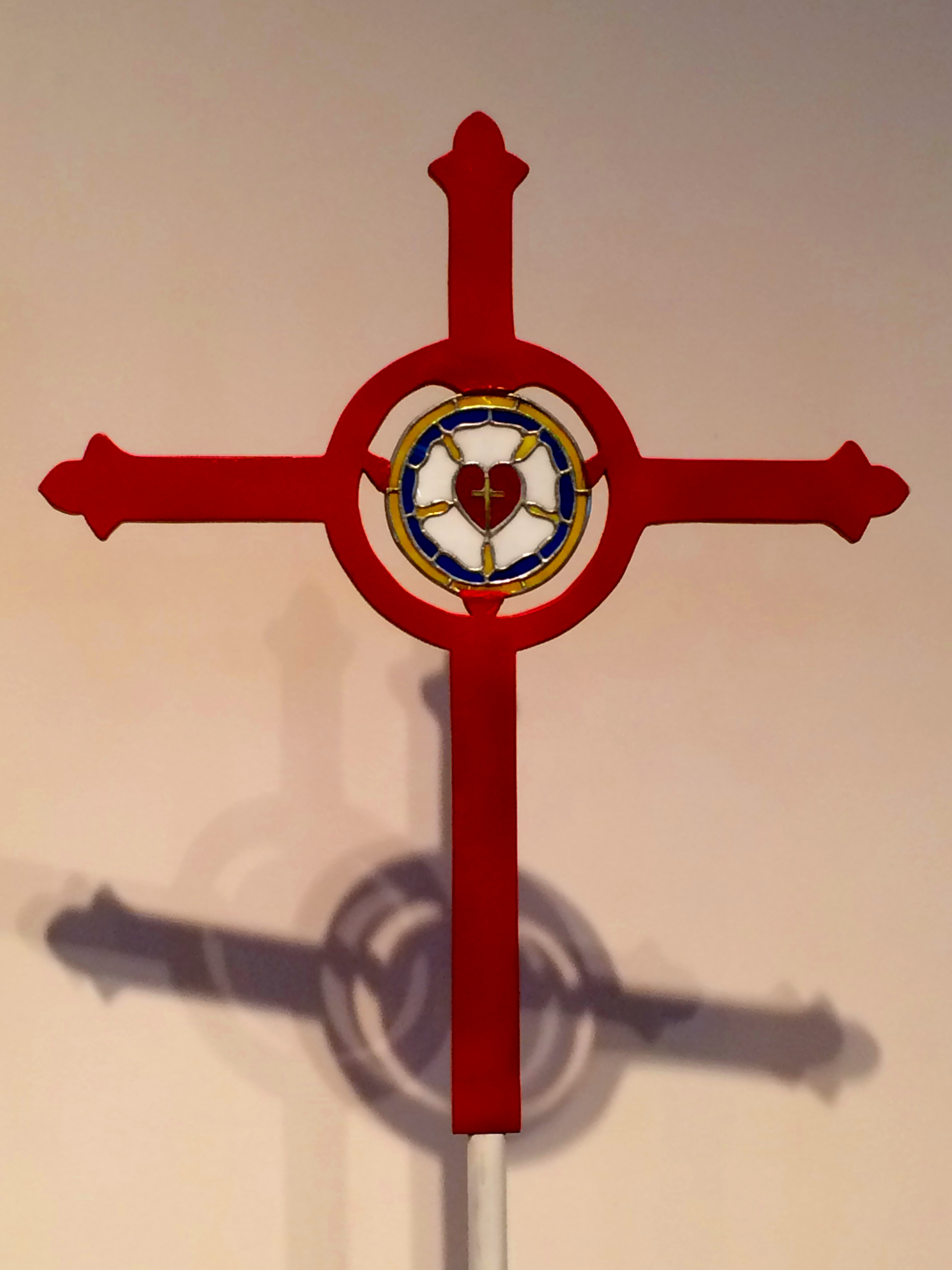-
Smalcald Articles– Part III, Article XII. Of the Church
1] We do not concede to them that they are the Church, and [in truth] they are not [the Church]; nor will we listen to those things which, under the name of Church, they enjoin or forbid. 2] For, thank God, [to-day] a child seven years old knows what the Church is, namely, the holy believers and lambs who hear the voice of their Shepherd. For the children pray thus:I believe in one holy [catholic or] Christian Church. 3] This holiness does not consist in albs, tonsures, long gowns, and other of their ceremonies devised by them beyond Holy Scripture, but in the Word of God and true faith. Source.
-
Smalcald Articles- Part III, Article XI. Of the Marriage of Priests
1] To prohibit marriage, and to burden the divine order of priests with perpetual celibacy, they have had neither authority nor right [they have done out of malice, without any honest reason], but have acted like antichristian, tyrannical, desperate scoundrels [have performed the work of antichrist, of tyrants and the worst knaves], and have thereby caused all kinds of horrible, abominable, innumerable sins of unchastity [depraved lusts], in which they still wallow. 2] Now, as little as we or they have been given the power to make a woman out of a man or a man out of a woman, or to nullify either sex, so little have they had…
-
Smalcald Articles- Part III, Article X Of Ordination and the Call
1] If the bishops would be true bishops [would rightly discharge their office], and would devote themselves to the Church and the Gospel, it might be granted to them for the sake of love and unity, but not from necessity, to ordain and confirm us and our preachers; omitting, however, all comedies and spectacular display [deceptions, absurdities, and appearances] of unchristian [heathenish] parade and pomp. 2] But because they neither are, nor wish to be, true bishops, but worldly lords and princes, who will neither preach, nor teach, nor baptize, nor administer the Lord’s Supper, nor perform any work or office of the Church, and, moreover, persecute and condemn those…
-
Smalcald Articles- Part III Article IX Of Excommunication
The greater excommunication, as the Pope calls it, we regard only as a civil penalty, and it does not concern us ministers of the Church. But the lesser, that is, the true Christian excommunication, consists in this, that manifest and obstinate sinners are not admitted to the Sacrament and other communion of the Church until they amend their lives and avoid sin. And ministers ought not to mingle secular punishments with this ecclesiastical punishment, or excommunication. Source.
-
Smalcald Articles– Part III, Article VIII. Of Confession
Part III, Article VIII. Of Confession. 1] Since Absolution or the Power of the Keys is also an aid and consolation against sin and a bad conscience, ordained by Christ [Himself] in the Gospel, Confession or Absolution ought by no means to be abolished in the Church, especially on account of [tender and] timid consciences and on account of the untrained [and capricious] young people, in order that they may be examined, and instructed in the Christian doctrine. 2] But the enumeration of sins ought to be free to every one, as to what he wishes to enumerate or not to enumerate. For as long as we are in the…
-
Book Of Concord– Part III, Article VII. Of the Keys
Part III, Article VII Of the Keys 1] The keys are an office and power given by Christ to the Church for binding and loosing sin, not only the gross and well-known sins, but also the subtle, hidden, which are known only to God, as it is written in Ps. 19:13: Who can understand his errors? And in Rom. 7:25 St. Paul himself complains that with the flesh he serves the law of sin. 2] For it is not in our power, but belongs to God alone, to judge which, how great, and how many the sins are, as it is written in Ps. 143:2: Enter not into judgment with…
-
Smalcald Articles–Part III, Article VI. Of the Sacrament of the Altar
Part III, Article VI. Of the Sacrament of the Altar. 1] Of the Sacrament of the Altar we hold that bread and wine in the Supper are the true body and blood of Christ, and are given and received not only by the godly, but also by wicked Christians. 2] And that not only one form is to be given. [For] we do not need that high art [specious wisdom] which is to teach us that under the one form there is as much as under both, as the sophists and the Council of Constance teach. 3] For even if it were true that there is as much under one…
-
Smalcald Articles- Part III, Article V. Of Baptism
Part III, Article V. Of Baptism. 1] Baptism is nothing else than the Word of God in the water, commanded by His institution, or, as Paul says, a washing in the Word; as also Augustine says: Let the Word come to the element, and it becomes a Sacrament. 2] And for this reason we do not hold with Thomas and the monastic preachers [or Dominicans] who forget the Word (God’s institution) and say that God has imparted to the water a spiritual power, which through the water washes away sin. 3] Nor [do we agree] with Scotus and the Barefooted monks [Minorites or Franciscan monks], who teach that, by the…
-
Smalcald Articles– Part III, Article IV. Of the Gospel.
Part III, Article IV. Of the Gospel. We will now return to the Gospel, which not merely in one way gives us counsel and aid against sin; for God is superabundantly rich [and liberal] in His grace [and goodness]. First, through the spoken Word by which the forgiveness of sins is preached [He commands to be preached] in the whole world; which is the peculiar office of the Gospel. Secondly, through Baptism. Thirdly, through the holy Sacrament of the Altar. Fourthly, through the power of the keys, and also through the mutual conversation and consolation of brethren, Matt. 18:20: Where two or three are gathered together, etc. Source.
-
Smalcald Articles– Of the False Repentance of the Papists
Of the False Repentance of the Papists. 10] It was impossible that they should teach correctly concerning repentance, since they did not [rightly] know the real sins [the real sin]. For, as has been shown above, they do not believe aright concerning original sin, but say that the natural powers of man have remained [entirely] unimpaired and incorrupt; that reason can teach aright, and the will can in accordance therewith do aright [perform those things which are taught]; that God certainly bestows His grace when a man does as much as is in him, according to his free will. 11] It had to follow thence [from this dogma] that they…
